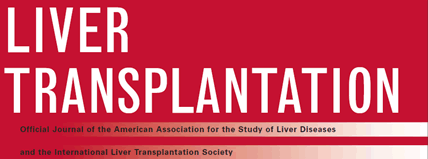CD44 and CXCL9 predicting rejection after LTx

Authors are Nathanael Raschzok, Anja Reutzel-Selke, Rosa Bianca Schmuck, Mehmet Haluk Morgul, Ulrich Gauger, Kukuh Aji Prabowo, Laura-Marie Tannus, Annekatrin Leder, Benjamin Struecker, Sabine Boas-Knoop, Michael Bartels, Sven Jonas, Christian Lojewski, Gero Puhl, Daniel Seehofer, Marcus Bahra, Andreas Pascher, Johann Pratschke, and Igor Maximilian Sauer.
The diagnosis of acute cellular rejection (ACR) after liver transplantation is based on histological analysis of biopsies because non-invasive biomarkers for allograft rejection are not yet established for clinical routines. CD31, CD44, and CXCL9 have previously been described as biomarkers for cross-organ allograft rejection. Here, we assessed the predictive and diagnostic value of these proteins as serum biomarkers for clinically significant ACR in the first six months after liver transplantation in a prospective study. The protein levels were measured in 94 patients immediately prior to transplantation, at postoperative days (POD) 1, 3, 7, and 14, and when biopsies were performed during episodes of biochemical graft dysfunction. Our results suggest that CD44 and CXCL9 may serve as predictive biomarkers to identify liver allograft recipients at risk for clinically significant ACR.

